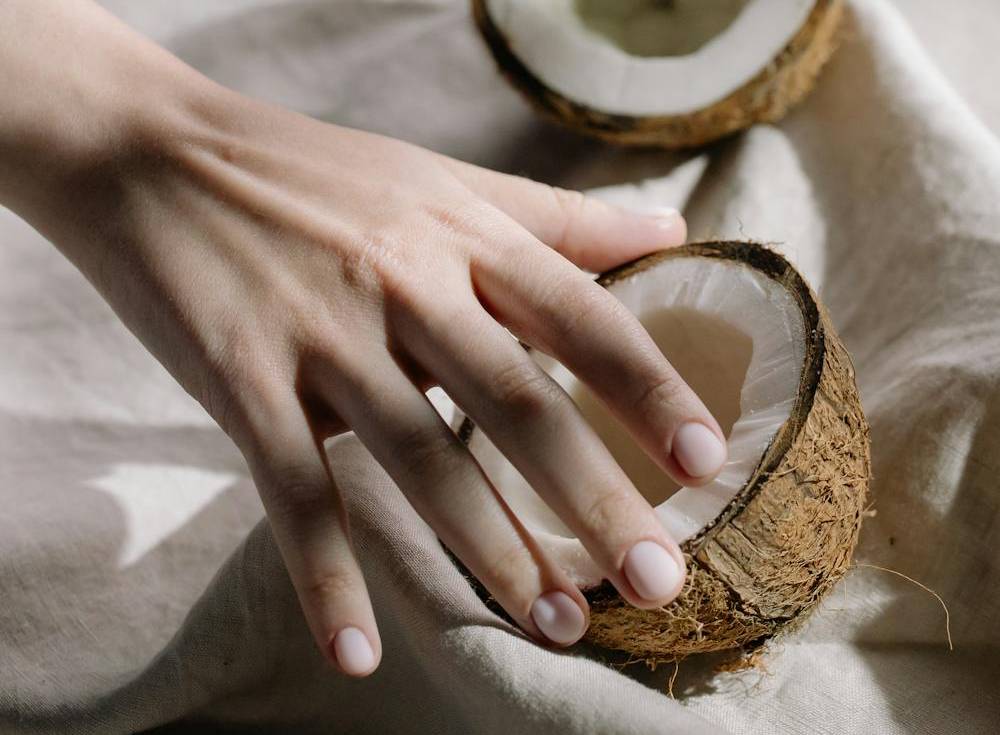 10 Healthiest Nuts That You Can Add To Your Diet Today
10 Healthiest Nuts That You Can Add To Your Diet Today

Nuts are a fantastic source of both protein and healthy fats, making them a great addition to any diet, especially for vegans looking to meet their nutritional needs. While peanuts are a popular choice, there is a wide variety of nuts available that offer different flavors and textures. Whether you enjoy them on their own or mixed into dishes like yogurt or salads, nuts can bring a delicious crunch and added nutrition to your meals. If you’re looking to diversify your nut intake, consider trying some of these healthiest options available.

Peanuts
Peanuts are a nutritious and delicious snack that offer several health benefits. They are packed with protein, which is essential for building and repairing tissues in the body. Peanuts also contain healthy fats, such as monounsaturated and polyunsaturated fats, which are good for heart health. Additionally, peanuts are a good source of fiber, which can help with digestion and promote a feeling of fullness.
Pistachios
Eating these nuts can help manage diabetes, reduce LDL cholesterol, enhance iron absorption, and moisturize your skin. Pistachios are rich in fiber, antioxidants, vitamin B6, and copper. They are known for having the lowest fat content among nut-bearing trees, yet they contain more phosphorus than almonds and cashews. Additionally, pistachios have the highest potassium content compared to other nut varieties.

Almonds
Almonds are a powerhouse of nutrition, packed with protein, calcium, fiber, riboflavin, and healthy fatty acids. With 6 grams of protein in a 1-ounce serving, almonds are a great plant-based protein source for those looking to increase their protein intake. Additionally, they are rich in calcium, which is essential for bone health, and fiber, which supports digestive health.

Brazil Nuts
Brazil nuts are naturally gluten-free and are plentiful in the Amazon rainforest. These trees thrive in non-flooding, damp lowland areas found in countries such as Brazil, Bolivia, Colombia, Ecuador, and Venezuela. In just 1 ounce of Brazil nuts, you can find approximately 14 grams of protein. Additionally, they are packed with important nutrients like copper, selenium, and thiamine.
Macadamia Nuts
Known for their abundance of monounsaturated fatty acids (MUFAs), macadamia nuts can help regulate blood fat levels, offering protection against conditions like coronary artery disease and strokes. With their impressive mineral content, macadamia nuts are a delicious and healthy addition to your diet.

Walnuts
One-fourth of a cup of walnuts is rich in omega-3 fatty acids! These nuts are a great source of calcium, potassium, and magnesium, making them beneficial for individuals with anemia or those lacking iron in their diet. Including walnuts in your diet on a regular basis can boost heart health, offer antioxidant properties, provide anti-inflammatory benefits, guard against metabolic syndrome, and potentially reduce the risk of excessive blood clotting.

Pine Nuts
Eating pine nuts regularly can help increase energy levels and reduce appetite. These nuts are known to lower the risk of heart disease due to their high protein content and the presence of essential minerals like iron and magnesium. Studies suggest that incorporating pine nuts into your diet can also support healthy vision.

Palm Nuts
Palm nuts are highly regarded for their excellent nutritional value, boasting essential minerals like B vitamins, phosphorus, zinc, and beneficial monounsaturated fats (MUFAs). These nuts are also rich in potassium, folate, and vitamin E, which play crucial roles in reducing blood pressure, promoting optimal fluid balance, and supporting muscle function.

Cashews
These nuts contain significant amounts of vitamins B6, E, and K, as well as antioxidants and essential minerals including zinc, copper, and magnesium. These nutrients work together with vitamin E to protect cell membranes from oxidative damage. With 23% of the recommended daily intake of magnesium, these nuts may help alleviate migraines, prevent cardiovascular diseases such as heart attacks and heart disorders, and enhance cognitive function.

Pecans
Pecans are a rich source of unsaturated fats, offering a wealth of vitamins and minerals such as vitamins A, E, and B. Including pecans in your diet can help lower cholesterol levels. Additionally, pecans are packed with folate, energy, niacin, and beta-carotene, a precursor to vitamin A. By incorporating pecans into your daily meals, you can help reduce both total cholesterol and LDL cholesterol levels while boosting HDL, the good cholesterol.